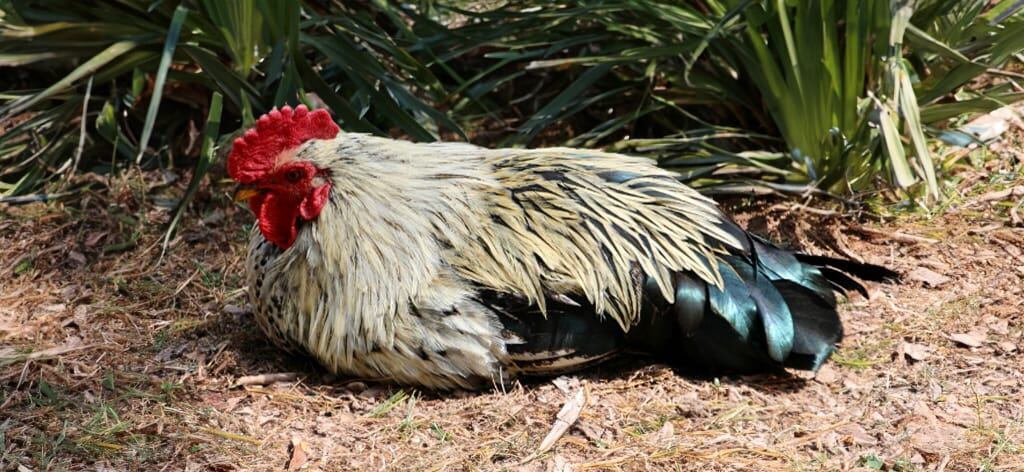Preventing, Identifying, and Treating Heat Stress in Chickens

During the hot summer months, heat stress becomes a significant concern for many poultry owners. Chickens have a limited ability to regulate their body temperature, making them highly susceptible to heat stress. They lack sweat glands and rely on just panting to cool down.
The most obvious factor leading to heat stress is exposure to extreme temperatures, but others include high humidity, poor ventilation in the coop, overcrowding, and lack of access to clean water.
To prevent heat stress in your flock, follow these general guidelines:
- Optimal Environmental Conditions: maintain the coop temperature between 65-75 degrees Fahrenheit to create a comfortable environment. Avoid direct sunlight and provide adequate insulation to regulate any temperature fluctuations.
- Proper Ventilation: ensure the coop has sufficient airflow by installing vents and windows. This will allow hot air to escape and fresh air to circulate.
- Shade and Cooling Options: create shade using tarps or umbrellas over the chicken run or coop. You can also consider using misters or fans to cool the air around the flock but be careful to avoid creating excessive drafts that could stress them more.
- Feeding Schedules: adjust feeding regimens by offering feed during cooler parts of the day, such as early mornings or evenings and ensure access to cool, fresh water at all times.
Implementing preventative methods is the best way to keep your chickens productive and healthy, but it’s important that you are also able to identify heat stress in your flock. This will allow time for you to take any treatment measures that are needed.
Physical signs of heat stress include:
- Decreased activity, such as lying down, less interaction, and lethargy.
- Open-mouthed breathing and panting.
- Droop wings or wings held away from the body.
- Pale combs or pale wattles.
- Reduced egg production.
- Decreased feed intake.
If your flock is showing any of these signs, it’s important to provide immediate relief by cooling them down. You can start by moving them to a shaded area or even indoors where the temperature is lower. Do not put cold water or ice directly on them right away as they could go into shock, but later on you can cool them down by submerging them in cool water up to the neck.
The best way to mitigate heat stress is by preventing it. Chickens can not effectively regulate their body temperature and when heat stress occurs it weakens their immune system, causing them to be more susceptible to diseases and infections.

